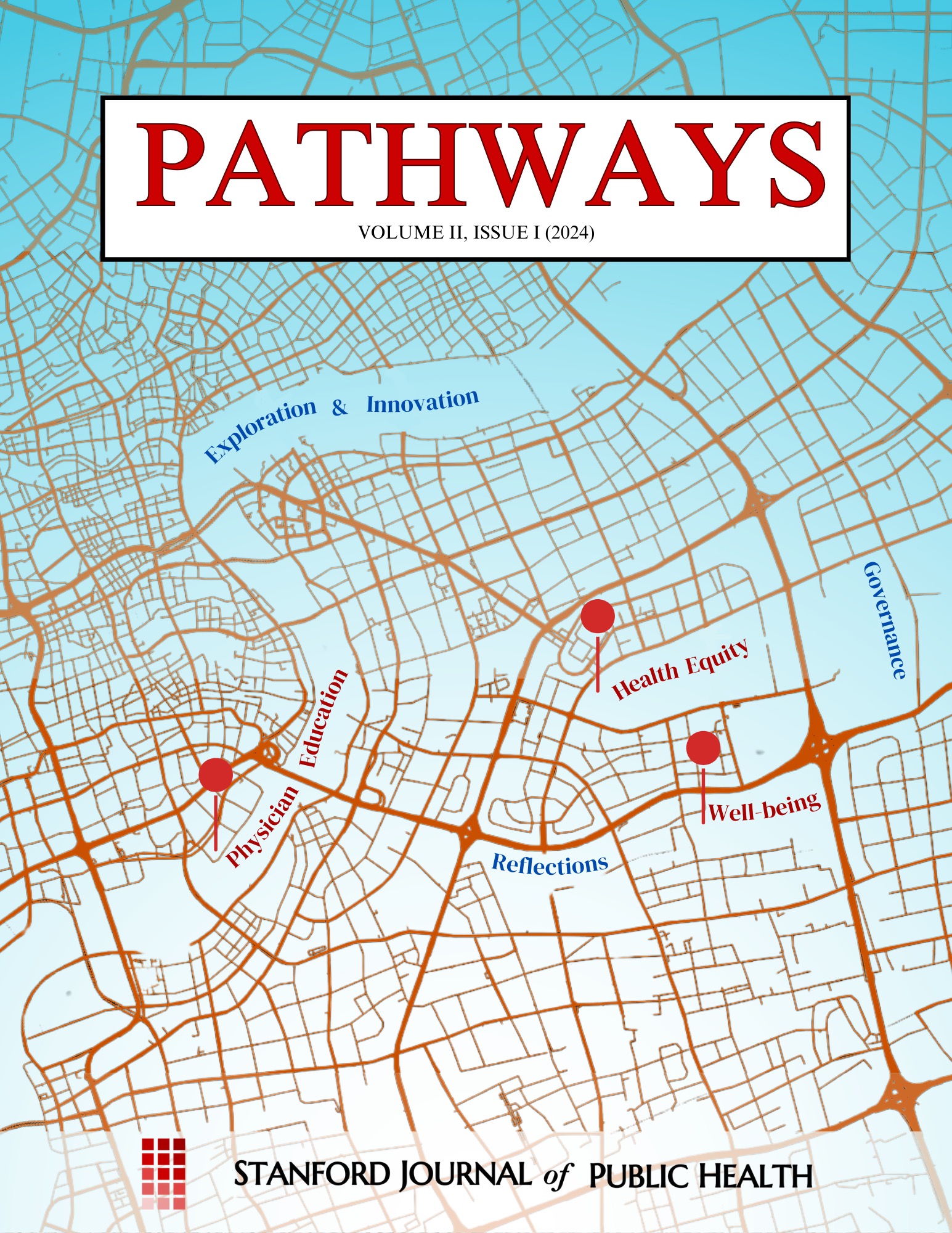Combating Rural Health Disparities with Advanced Practice Providers
Abstract
The United States faces a critical healthcare crisis marked by high physician turnover, pandemic burnout, rising demands from an aging population, and cuts in healthcare funding. Rural areas suffer the most, desperately in need of healthcare professionals as physicians increasingly prefer to practice in urban settings. Advanced practice providers (APPs), such as physician assistants and nurse practitioners, present a potential solution: due to the rigorous clinical training required to become an APP, they have gained significant clinical autonomy in recent years. Though the implications of these deregulatory measures are still not entirely known, several studies indicate that, in primary-care settings, APPs provide care comparable to that of traditional physicians, achieving similar outcomes in areas such as smoking cessation and chronic-disease management; however, they may require more oversight for complex cases, for they have been found to, with respect to physicians, more frequently overprescribe medications and over-refer patients for external consultations. Patient satiety, economic, and ethical factors associated with APPs’ increased autonomy have also yet to be fully explored. Whilst APPs cannot fully supplant physicians, with the proper training and support, they can help mitigate the rural-health disparities that plague communities across the nation. Further research is needed to optimize their integration into the healthcare system.

